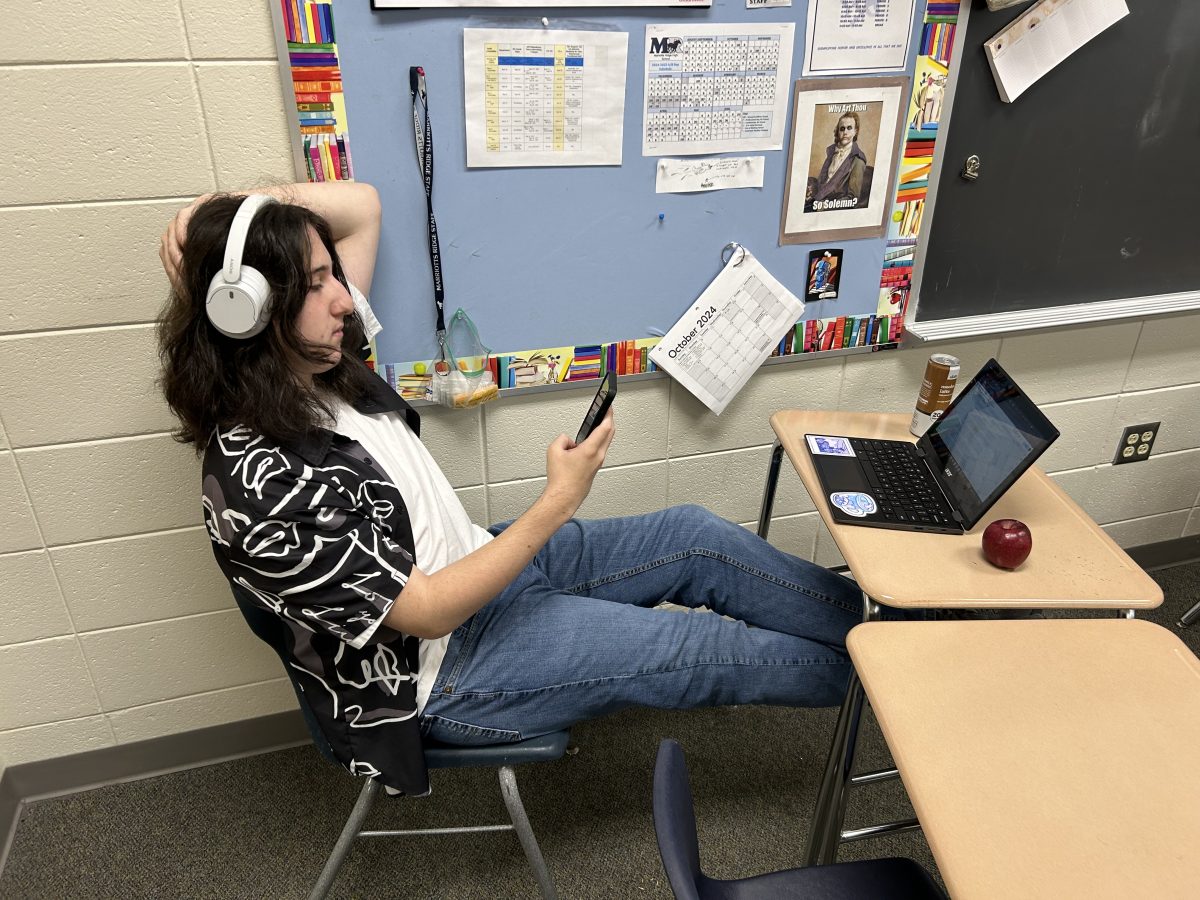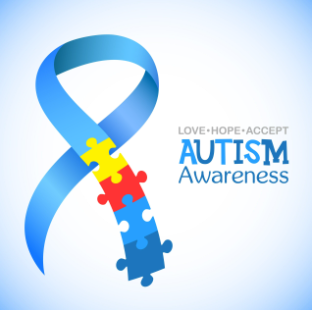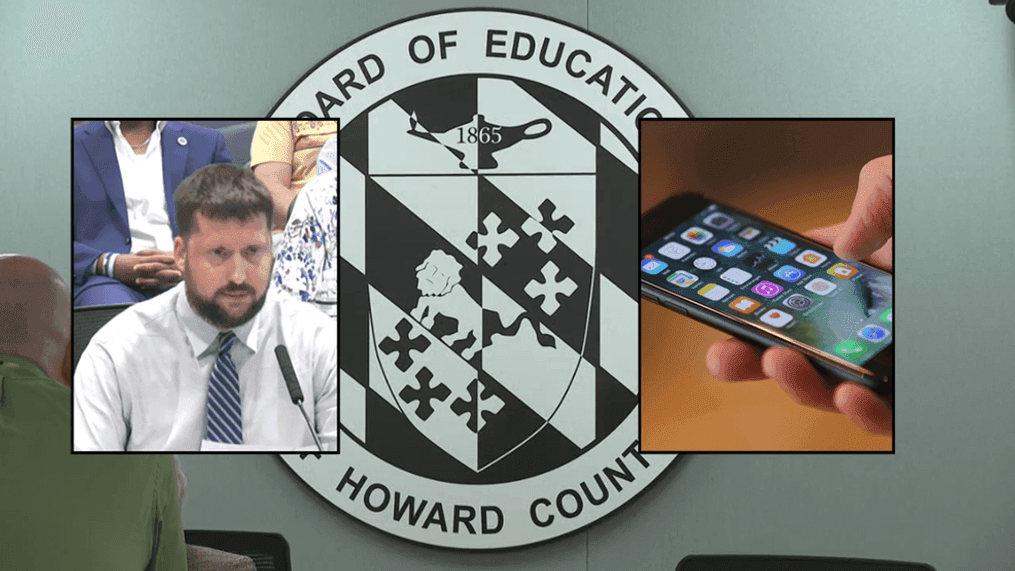Over time, the pillars and nuances of life at MRHS, for both students and teachers have adapted to and been influenced by social and technological changes. Over the past few years, and especially after the COVID-19 pandemic, one question has slowly arised: is school getting easier?
The phenomenon that could potentially impact school’s difficulty is known as grade inflation. In grade inflation, standards slowly decrease for assignments, thereby ‘inflating’ the average grades given for those assignments and reducing their overall difficulty.
Grade inflation has grown to be an international concern, especially due to the recent and rapid influx of changes in academic life.
The salient event from the past few years impacting school life today is undoubtedly the COVID-19 lockdown in early 2020 and the ensuing establishment of online schooling services. During the last three months of the 2019-20 school year, and for the majority of the 2020-21 school year, HCPSS students were forced to take their classes online. This abrupt and unexpected change of students’ lifestyles prevented hands-on learning, which influenced teachers’ grading.
“The [COVID] pandemic definitely had a significant effect on grade inflation. During online school, we knew it was very challenging for students, so I think the expectations for assignments were relaxed a little bit, and I think it’s been a little difficult to bring those expectations back up to a specific point,” commented history teacher Mr. Khouri.
Another factor, one in more recent memory, is the rise and growing use of services that use artificial intelligence, particularly services like ChatGPT that aid students in cutting corners for assignments.
“The advancements in technology that we’ve seen, especially in the last 10-15 years have played a significant role in how school is done. The ability for students to access the Internet whenever they want to has its benefits, [but] sometimes that technology is used irresponsibly and is used as a way to not actually do the work, but submit assignments as if they had done the work,” explained Khouri.
While potential grade inflation and changes in school’s general difficulty may presently seem like an afterthought, major issues could arise in students’ academic performance in future grades, their secondary education and beyond.
“If students have too many teachers that are only doing quick checks on assignments and not thoroughly grading their [students’] assignments, [students] could have this false sense of confidence in [their] skills and ability, which then could result in something happening [in college] where [students are] struck by an assignment [they] do really poorly on, and [students] do not really have the supports in college [they] do in high school to really improve those skills. It’s kind of: ‘sink or swim’,” suggested history and sociology teacher Ms. Costabile.
Only time will tell whether school is slowly getting easier or just simply rebounding from COVID and adapting to technological advances. School’s perceived difficulty and the concept of grade inflation are certainly topics to keep in mind for future discussion on the future of today’s generations.
Categories:
Is School Getting Easier?
More to Discover
About the Contributor

Nicholas Riggs, Staff Writer
My name is Nicholas Riggs, and this is my second year writing for The Stallion. I’m excited to be a big part of the newspaper this year and show you my writing.








